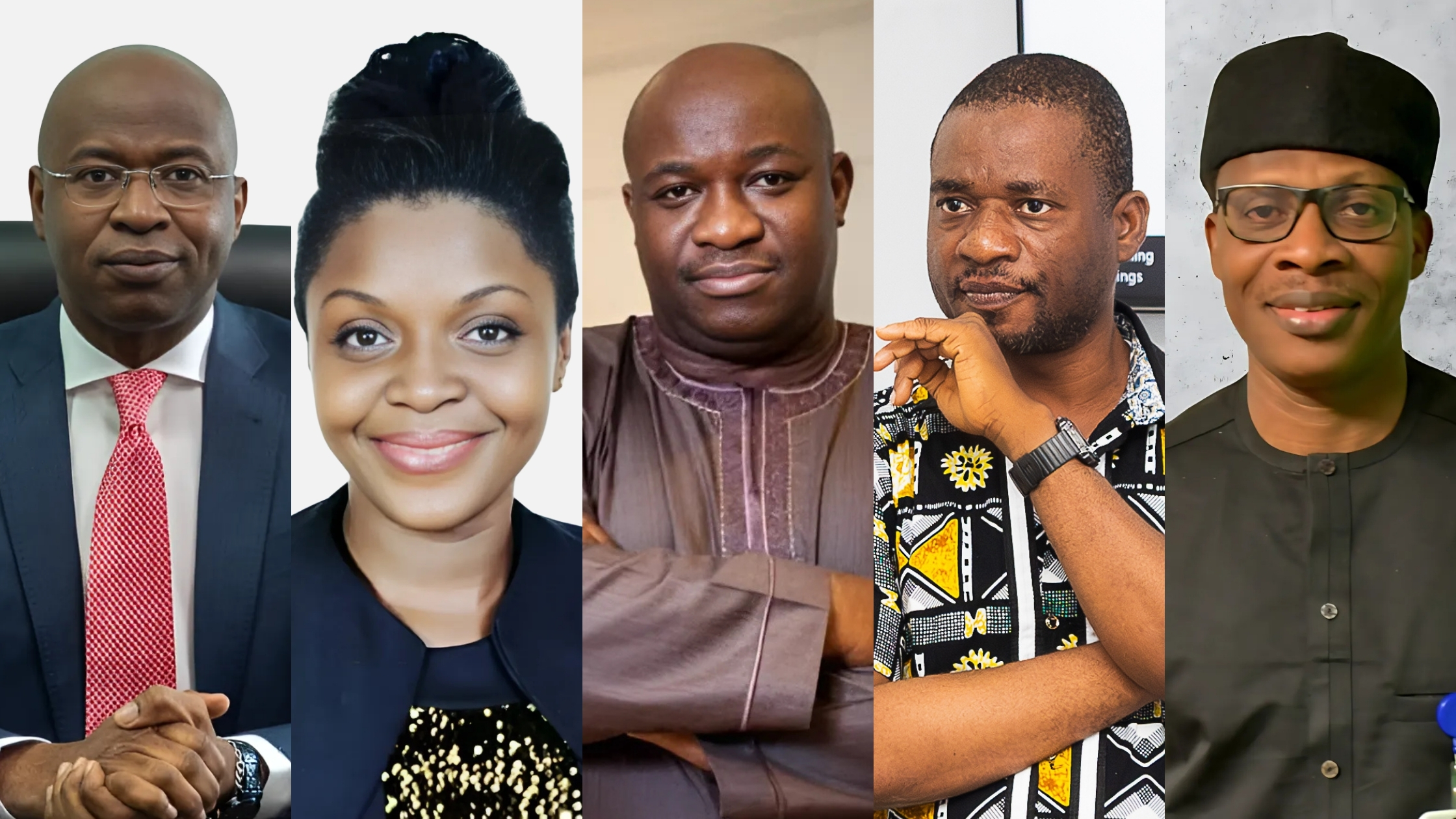Participants in an MFWA webinar on Wednesday, August 13, 2025, have taken stock of an increasing resort to the use of malicious lawsuits by the powerful in society to intimidate and frustrate the work of public accountability watchdogs such as journalists and activists, urging that stakeholders rally and push back.
The webinar which was held under the theme “Silencing Expression: Legal Threats Against Journalists and Activists in West Africa,” tasked leading stakeholders such as governments, lawyers, civil society organizations, and media organisations to awaken to the trend.
Hosted by the Media Foundation for West Africa (MFWA), the webinar brought together 150 participants, including legal experts, activists, civil society actors, government representatives and the media to deliberate on the problem and discuss counter-strategies.
Keynote presentations were delivered by Gloria Ballason Esq. of Nigeria and Dr. Dogbemin Koné G. of Côte d’Ivoire, both members of MFWA’s West Africa Network of Media Defence Lawyers (WANAMDEL) – a network providing pro bono legal assistance to targeted journalists and activists.
Additional insights came from Edetaen Ojo, Executive Director of Media Rights Agenda (Nigeria), Seth J. Bokpe, Associate Editor of The Fourth Estate (MFWA’s investigative and accountability journalism project), and Ajibola Amset, co-publisher of WikkiTimes (Nigeria), who shared firsthand experiences.
SLAPPs – The New Weapon of Choice
Discussions revealed that SLAPPs have become increasingly common across the subregion. In countries where criminal defamation laws have been repealed, anti-accountability actors have turned to civil litigation as an alternative weapon.
For example, in Ghana, The Fourth Estate is currently defending at least four cases in court. While the truth has prevailed in previous cases, with plaintiffs either losing or abandoning litigation, the trend persists.
In countries where criminal defamation laws still exist, such as Nigeria, the wealthy and powerful often use them to intimidate journalists. WikkiTimes, for instance, is facing nine defamation suits, with some claimants demanding up to ₦2 billion in damages.
Although litigants often lose, the prolonged legal battles are financially, emotionally, and psychologically draining for journalists and activists.
Truth as the Baseline – But Not Enough
Speakers stressed that truth must remain the foundation of all journalistic and advocacy work. This requires:
- Rigorous fact-checking before publication.
- Proper documentation and archiving of evidence.
- Legal review of stories before publishing.
However, even when these precautions are taken, journalists and activists may still face other charges such as breach of confidentiality when whistleblowers speak out, breach of public peace during protests, or being held in custody under impossible bail conditions.
Building Legal Shields
Participants recommended that media organizations and activists:
- Maintain ready legal teams equipped with anticipatory strategies.
- Use pro bono legal support where possible, such as that offered by MFWA through WANAMDEL.
- Leverage existing favourable court rulings, including those from the African Court and ECOWAS Court.
Key Recommendations from the Webinar
At the end of the discussions, a raft of recommendations was made, with key stakeholders being tasked to rally in cross-border collaboration to push back at the trend. However specifically, Governments, CSOs, public-spirited lawyers and activists and the media were tasked to take action.
Governments
- Sponsor anti-SLAPP legislation: West African governments should follow examples from the US and Canada by enacting laws against SLAPPs, with heavy penalties for abusers.
- Governments of countries with criminal defamation laws in their statutes should repeal those laws. Suchlike laws only serve to empower anti-accountability actors to use the courts to intimidate and silence accountability watchdogs.
- Governments with blasphemy laws in their statutes should repeal those laws.
- Governments should set up special courts for defamation suits, to enable the speedy adjudication of defamation cases. As SLAPPs are often purposed to waste time and frustrate activists, journalists and whistleblowers, speedy adjudication will thwart such time-whiling tendencies.
Public-spirited lawyers
- Choose favourable arbitration grounds for SLAPP cases. Do not be confined to the legal jurisdictions chosen by the accusers. Regional courts such as ECOWAS and the African Court should be leveraged.
- Public-spirited lawyers across West Africa who defend the work of accountability proponents like journalists, activists and civil society actors should collaborate across borders.
- Lawyers should also work closely with civil society and media organizations to establish proactive legal response strategies against malicious law suits such as SLAPPs.
- Public-spirited lawyers should blacklist anti-accountability actors and deny them legal services when they ask to procure such services.
CSOs
- Advocate with, not for, the people: Engaging communities directly strengthens advocacy and builds solidarity.
- Network across borders to build cross-country solidarity and build a united front against malicious lawsuits.
- Continue to push for reforms that inure to expansion of civic spaces within West African countries.
- Work closely with media, public-spirited lawyers and governments to fashion out policies and systems that make SLAPPs unattractive.
Media
- Build legal literacy: Journalists and activists must strengthen their understanding of defamation and libel laws to avoid breaches.
- Prioritize evidence archiving: Maintaining strong records ensures access to organic evidence when defending against suits.
- Leverage the African Court: For journalists in Sahelian countries that have exited ECOWAS, the African Court remains a viable option for redress.
- Secure insurance: Media houses should consider security risk insurance policies for their journalists.
- De-platform persons who have history of using or attempting to use SLAPPs against sister media organizations.
Meanwhile, Dora Boamah Mawutor, Director of the Freedom of Expression & Digital Rights programme at the MFWA, used the webinar to launch a legal defense fund for journalists and activists. The defense fund has been set up to pool resources that can be used to help in the defense of journalists and activists who fall on MFWA for support when they face legal persecution.
Click here to access a recording of the webinar.






